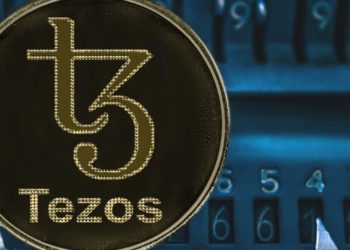Crypto tax on digital assets in South Korea will be delayed by another two years, according to an announcement from the Ministry of Economy and Finance tax policy chief Ko Kwang-hyo.
Originally the 20% tax on crypto-asset gains was dated to kick off from January 1, 2023. However, following the announcement, the date has been moved to January 2025.
Ko’s announcement is part of President Yoon Suk-yeol’s new administrative-economic policy roadmap. Yoon had voiced out that a crypto tax should be introduced after preparing sufficient market infrastructure.
The roadmap reads that the upcoming “Digital Assets Basic Act” will focus on regulating the issuance and listing of cryptocurrencies.
January 1, 2023, was initially planned for 2022, but the date had to be moved due to heavy backlash from investors.
Investors argued that the crypto tax would heavily impact the nascent crypto industry. They said that the threshold was low, considering a tax plan for the stock market would kick in on capital gains above 50 million KRW (US$39,475.76).
Along with the crypto tax, a 20% tax on capital gains above 50 million Korean won (US$38,624.95) from stock trading has also been postponed to 2025. The original kickoff date was January 2023.
According to a recent report from Blockchain.News, Layer-1 blockchain protocol Solana, through its subsidiaries Solana Ventures and Solana Foundation, has launched a $100 million fund to back startups in the South Korea Web3.0 ecosystem.
As reported by TechCrunch, drawing on the exclusive interview with Johnny Lee, general manager of games at Solana Labs, the fund will focus exclusively on GameFi, Non-Fungible Tokens (NFTs), and Decentralized Finance (DeFi) in South Korea.
“A big portion of Korea’s gaming industry is moving into web3,” Lee said. “We want to be flexible; there’s a wide range of project sizes, team sizes, so some of [our investments] will be venture-sized checks.”
The investment into the South Korean Web3.0 ecosystem is a testament to the growing acclaim in the growth of developers introducing a series of Web3.0 initiatives in the country.
Despite attaining undue popularity as the host nation of Do Kwon’s collapsed Terra protocol, Solana has looked beyond the woes to throw its weight behind the industry’s growth.
Image source: Shutterstock
Credit: Source link












































